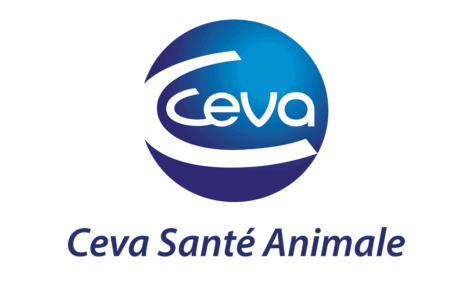



Cassava Replaces Costly Maize in Zambian Feeds
ZAMBIA - A shortage of maize and soybean meal and the resulting high prices over the last year have forced poultry farmers to look for other feed ingredients, such as cassava.The shortage of cheap and affordable maize in the last 10 months has made its use in poultry feeds increasingly unjustified in economic terms, Poultry Association of Zambia (PAZ) executive secretary, Mathews Ngosa, has told The Post of Zambia.
Reviewing the performance of the poultry sector this year, Mr Ngosa said there was need to come up with alternative substitutes for conventional feed ingredients (maize and soybeans) for production costs to be reduced in the poultry industry.
Mr Ngosa said the poultry industry greatly suffered in the last three years from critical shortage of maize and soybeans – the major raw materials for feeds – which have driven prices of poultry feeds upwards.
He said: "This situation therefore called for the need to exploit cheaper energy sources, to replace expensive cereals for poultry feeds and also relieve the food feed competition in the future."
Mr Ngosa noted that cassava is a good substitute in feed production unlike relying on maize and soybeans only, which he said could best serve the industry if well utilised.
He said: "I wish to acknowledge on behalf of the poultry industry that several definable outputs have been put together by the cassava strategy to establish a commercial foundation to support further growth in the cassava sector.
"For example, draft cassava trading standards yet to be adopted by ZABS are in place and cassava-based livestock feed formulations suitable for the Zambian production systems in poultry and other classes of livestock are being tried.”
Mr Ngosa explained that the Zambian feed industry used about seven to 10 per cent of the national human maize requirement and 70 per cent of the soybeans produced in this country per annum.
He told The Post: "With the population of chickens growing phenomenally, we may see a higher shift in terms of maize requirements for the chickens and this will have a serious bearing on the food feed competition of this nation."








